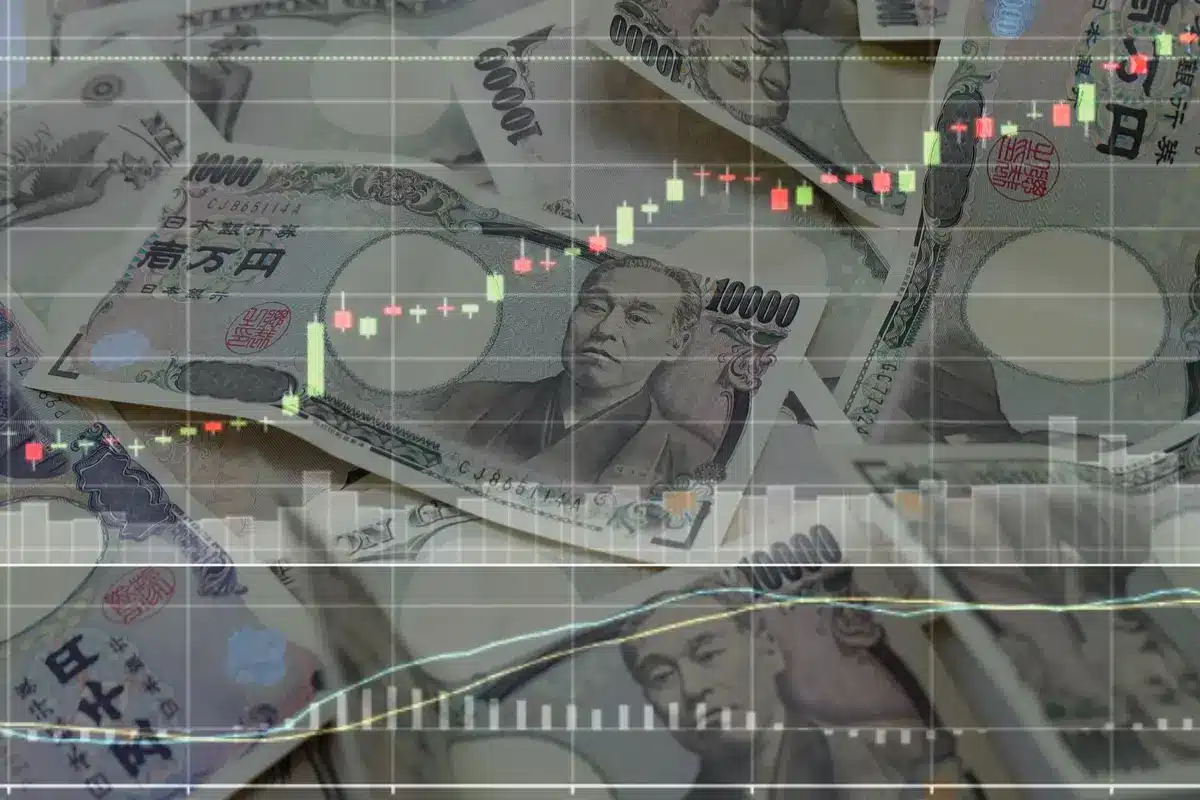
Japan’s Stock Indices Down with GDP Contraction
Major Japanese stock indices slipped, while other Asia Pacific stocks rallied. The Nikkei index stalls after its sustained recovery since early June, failing to break the anticipated technical resistance level of 23,000. It fell 0.74% to 23, 145.28.
Topix follows the trail at -0.48% in Monday morning’s stock trading. On the other hand, it emerged as the best performer in August after the recovery of energy, industrial, and financial stocks now that lockdowns are eased and the economy is moving again.
Japanese economy contracts 27.8% for the April-June quarter after the pandemic paralyzed retailing, investment, and exports. The recorded GDP contraction is the sharpest so far, beyond economist forecast of 27.2% decline.
This is Japan’s third successive quarter of economic contraction largely affected by trade wars and the sales tax hike even before the start of the pandemic. Similarly, the quarter-on-quarter basis shrank 7.8% from a forecast of 7.6%.
Private consumption which accounts for half of the Japanese economy fell 8.2%. External demand shaved off 3% off from GDP with lukewarm global demand. Today, retail sales and factory output are showing budding signs of recovery, just 6% away from recording a breakeven.
The freeze from the state of emergency declared in May brought serious blows in the Japanese stock market and the economy in general. Incumbent administration said that they will try their best to avoid declaring another restriction, although cases continue to rise as of this writing.
Economists expect a modest July-September growth.
How is Asia Pacific Doing?
Japan’s stock market lags behind its Northeast Asian counterparts China, South Korea, and Taiwan which already surpassed their year-to-date losses.
Mainland Chinese stocks maintain growth momentum with a hopeful situation of COVID-19. The report for the last case of virus transmission in Beijing was from mid-April.
Shanghai Composite gained 0.8% while the Shenzhen component added 0.63%. Consequently, Hong Kong’s Hang Seng gained 1.2%.
Concerns on lackluster earnings report from Japan’s largest automobile manufacturers Honda Motor Co Ltd, Mitsubishi Motor Corp, Nissan Motor Co, among others sent foreign investors fleeing for safety.
For the week ended August 7, foreigners were net buyers of Japanese equities. However, they regained their position this week as net sellers of Japanese equities after streaks of buy.
According to Japanese stock trading reports, 727.26 billion yen or $6.90 worth were sold for the week ended July 31. This marks the biggest net offload since the beginning of lockdowns in March.
Meanwhile, overseas Japanese investors marked their fourth straight week of net selling. The total amount of equities offloaded is 919.3 billion yen.
The postponing of the US-China trade deal adds new uncertainty to the Asia Pacific stock market as investors are taking extra caution not to go overboard with their bets in Asian markets.




